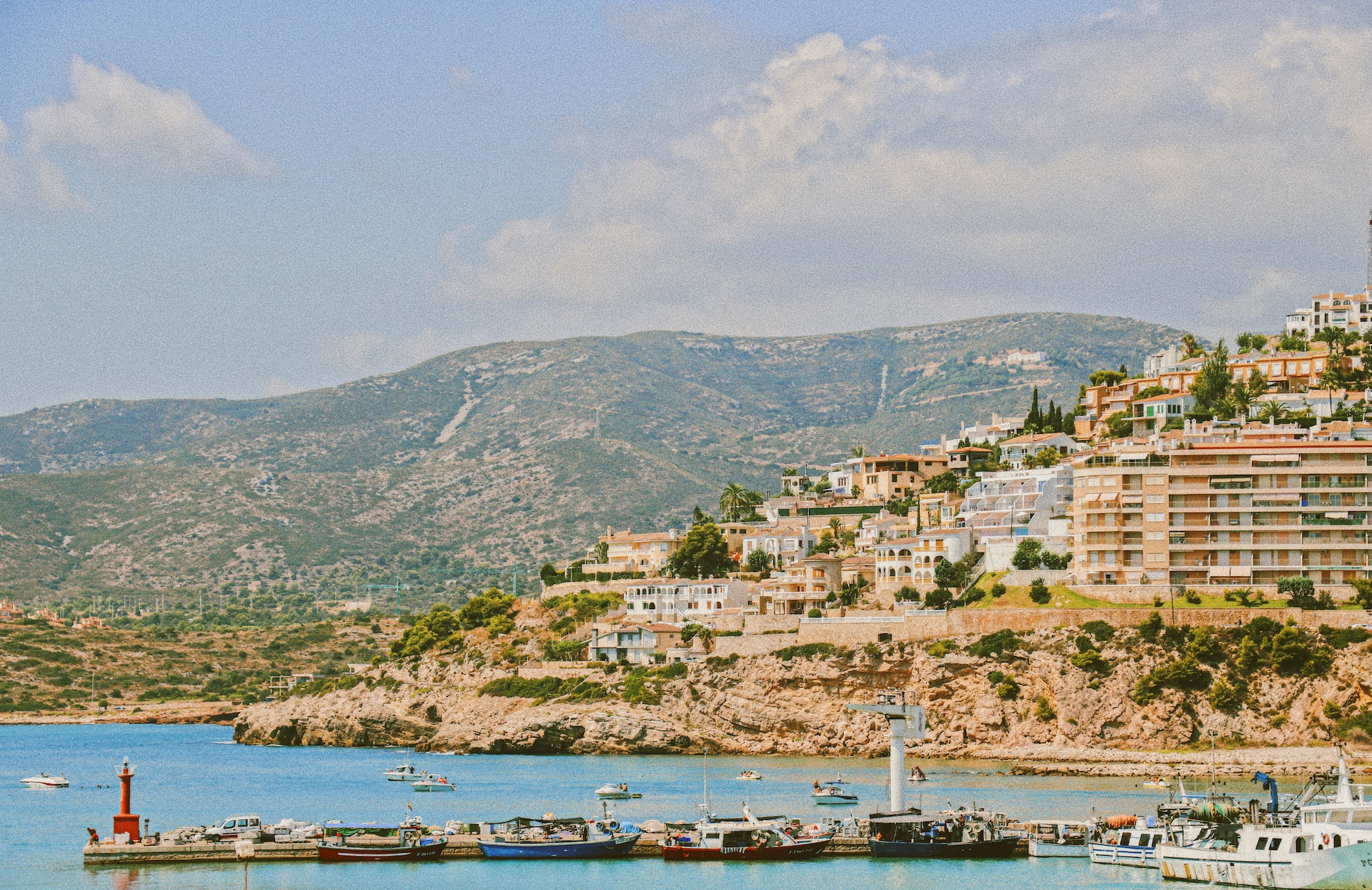As Europe grapples with record-breaking temperatures, the continent is slowly realizing the unpredictable repercussions of our changing climate. Beyond the well-documented devastating ecological and human consequences, the heat is triggering some unusual effects that may soon become woven into the fabric of everyday life.
TV Signal Woes: Heatwaves Disturb the Airwaves
This month, a curious problem afflicted nearly half of French TV owners: they struggled to receive a clear signal due to unusually warm October weather. In the UK, a similar phenomenon had TV platform Freeview cautioning viewers about potential disruptions. Such interference arises from high-pressure conditions induced by heatwaves, which, although temporary, raise concerns over the reliability of essential communications during prolonged periods of extreme heat.
Hot Days, Aggressive Dogs
While the blazing sun might make some of us sluggish, it appears to have the opposite effect on dogs. A Harvard Medical School study unveiled a startling statistic: on days with elevated UV levels, there’s an 11% higher chance of a dog biting humans.

The research insightfully remarks, “Dogs, or the interactions between humans and dogs, become more hostile on hot, sunny, and smoggy days.” As heatwaves intensify, communities might have to reconsider outdoor activities involving pets.
Olive Oil: A Luxury in the Making?
Europe’s cherished olive oil industry is teetering on the brink as extreme temperatures cripple olive yields. Olive trees, when stressed by high temperatures, tend to either drop their fruit prematurely or divert resources to conserve water, jeopardizing the overall health of the tree.

Spain, the world’s leading olive oil producer, has seen its output halve compared to its five-year average. As scorching seasons become the norm, olive oil might transform from a kitchen staple to a luxury item.
Changing the Taste of Brews
Beer enthusiasts, brace yourselves. Research published in Nature Communications indicates a bleak future for hop production, an essential ingredient in beer.

With anticipated drops in yield ranging from 4% to 18% by 2050 and a decrease in the bitter acid content (responsible for beer’s unique flavour) by 20-31%, the beloved beverage might soon taste quite different.
Schooling Redefined: An Extended Summer Break?
The academic calendar, a schedule previously unchallenged, is now under scrutiny as regions like the Canary Islands experienced early October temperatures soaring to 38C, leading to school closures. Schools across Europe might soon follow in the footsteps of some American institutions, which have adjusted to the heat by shifting to online learning or releasing students early. The traditional school year, with its fixed start and end dates, might be on the verge of a transformative overhaul.
Adapting Work Life to Nature’s Clock
In parallel, working hours are due for a re-evaluation. The classic 9-to-5 might be ill-suited for the extreme temperatures of the future. Particularly for those working outdoors, commuting during peak heat, or stationed in non-air-conditioned environments, a shift in working hours is imminent. Borrowing from southern European customs, the reintroduction of the siesta and a recalibrated work schedule—starting earlier in the day and concluding later—might become the norm in northern European nations.
In summary, as Europe and the world at large face the repercussions of climate change, adapting to its multifaceted impacts—both predictable and unforeseen—will be paramount. Whether it’s changing the taste of our beer or redefining our workdays, the ripples of our warming planet touch every aspect of our lives, underscoring the urgency to address and adapt to our ever-changing climate.
©globalgreenhouse.eu

